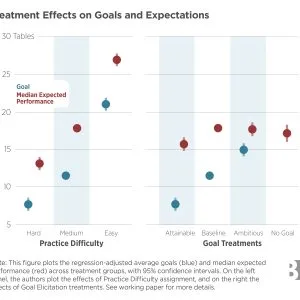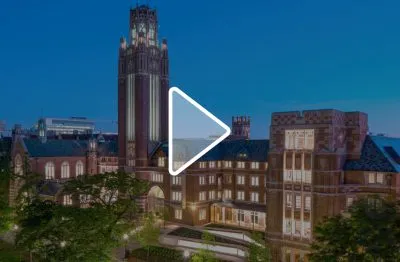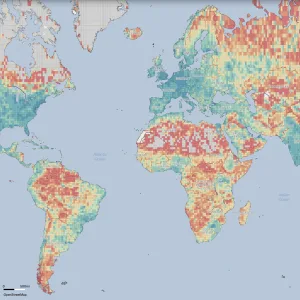Anup Malani is the Lee and Brena Freeman Professor at the University of Chicago Law School and a Professor at the Pritzker School of Medicine. He is also a Research Associate at the National Bureau of Economic Research in Boston. He is an elected member of the American Academy of Arts and Sciences and has served on the boards of the Becker-Friedman Institute, the Neubauer Collegium and the University of Chicago Press. Malani was the founding Faculty Director of the Tata Centre for Development at the University of Chicago. He is also the co-founder and Faculty Director of the International Innovation Corps, a social service program that sends teams of US and foreign university graduates to work on innovative development projects with government officials in India and Brazil. Malani has advised governments in India and Indonesia on COVID policy, with support from the Asian Development Bank, and has advised the World Bank on COVID in South Asia. Malani is on University of Virginia’s working group planning a National COVID Commission. Malani’s work on COVID has won two Emergent Ventures prizes and several grants.
Professor Malani has a PhD in economics and a JD, both from University of Chicago. He clerked for Judge Stephen Williams on the US Court of Appeals for District of Columbia and Justice Sandra Day O’Connor on the US Supreme Court.
Professor Malani conducts research in law and economics, health economics, and development economics. His law and economics research focuses on judicial behavior, empirical analysis of legal reforms, and blockchain. His health economics research focuses on the control of infectious diseases, the value of medical innovation and health care insurance, placebo effects, and conflicts of interest in medicine. His development economics work focuses on health care supply and financing in India and the growth of and quality of life in urban slums. Malani is the principal investigator on the Indian Health Insurance Experiment, an 11,000 household randomized controlled trial of health insurance in Karnataka, India, and on a large-scale impact evaluation of Mission Kakatiya, a major effort to expand rainfall capture as means of irrigation in Telangana, India.
His research has been published in leading journals in a number of different fields, including the Proceedings of the National Academy of Sciences, the Journal of Political Economy, the Journal of the American Statistical Association, the Harvard Law Review, the University of Chicago Law Review, the Journal of the American Medical Association, Nature Medicine, American Naturalist, and Theoretical Population Biology.
Professor Malani teaches or has taught courses in corporate law, bankruptcy law, securities law, insurance law, health law, food and drug law, the canons of American legal thought, law and economics, and law and development in the Law School, as well as a PhD course in law and economics in the Economics Department, a health economics module in the Pritzker School of Medicine, and a public policy course in the Booth School of Business.











